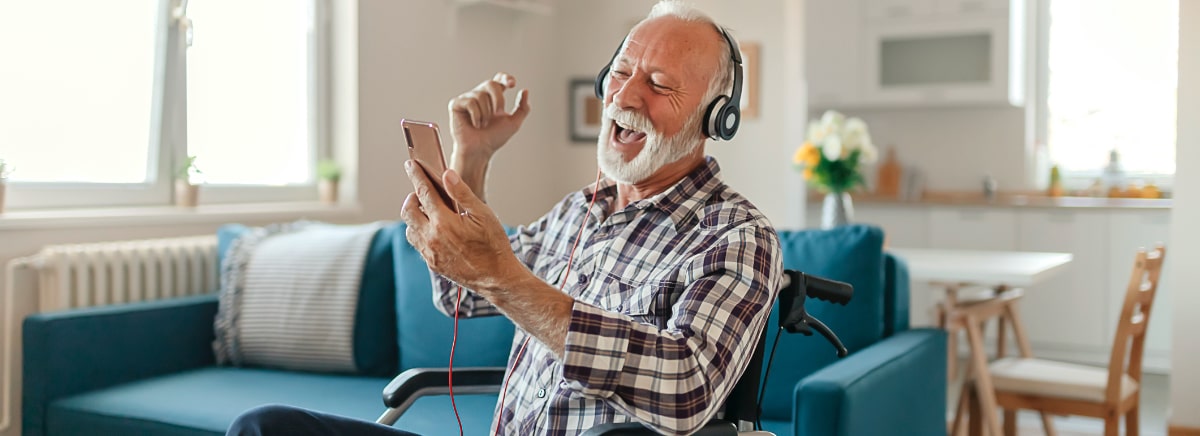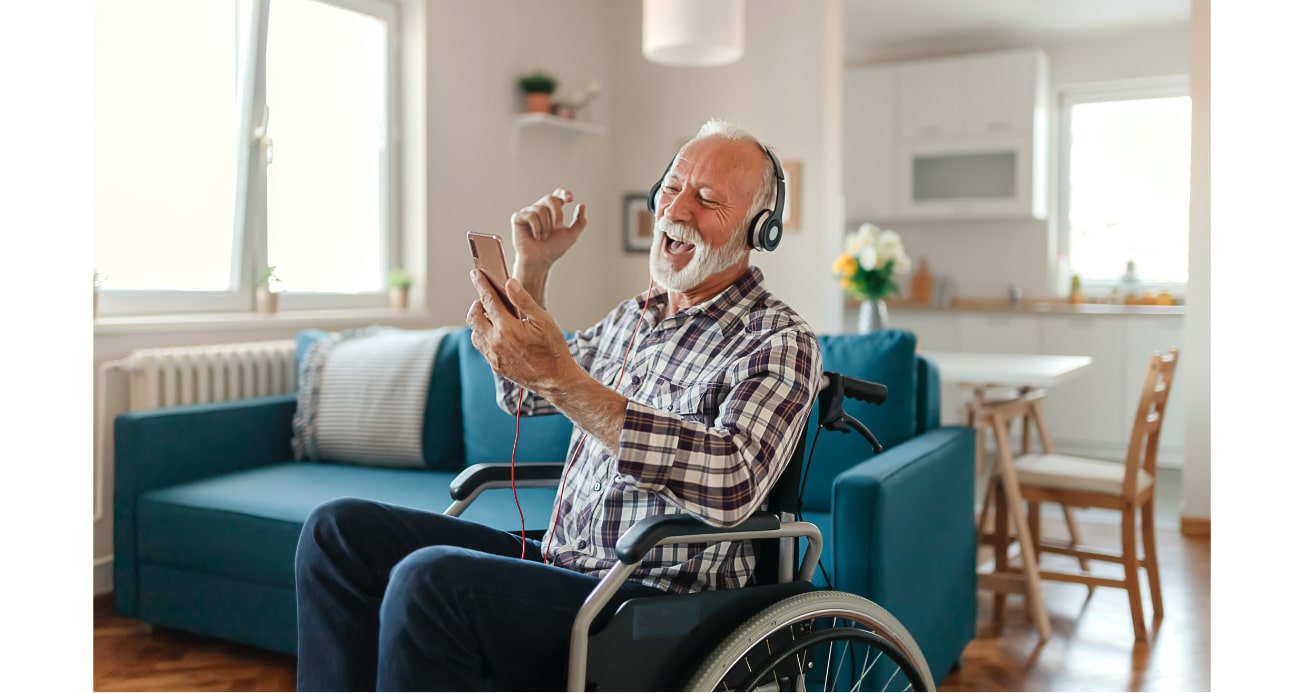The gallbladder is a little pear-shaped organ located just below the liver on the right side of the body. Its purpose is to hold the bile made in the liver. Bile is used during digestion to break down fats and some kinds of vitamins. Sometimes, a person develops problems with their gallbladder, like gallstones, that make it necessary to have the organ removed. Although gallbladder surgery is common and sometimes done as an outpatient surgery, it can still leave your aging relative feeling uncomfortable.
How Gallbladder Removal Affects Digestion
Normally, bile is stored in the gallbladder and released as the body needs it for digestion. Once the gallbladder is gone, the liver still makes the same amount of bile. However, instead of going into storage, it is constantly released into the intestine.
For most people, the body eventually gets used to the change. All but about 10 percent of people who have their gallbladders removed go back to eating normally over time. But, in the first few weeks after the surgery, your aging relative may have some digestive problems, such as stomach aches, diarrhea, and frequent bowel movements.
Dietary Changes After Surgery
Making changes to the older adult’s diet after surgery can ease digestive problems. Your aging family member’s doctor will probably tell them to limit the amount of fat they eat for a while. Eating a small amount of fat may not cause any problems because a little fat is easier to digest than fat in greater quantities. Large amounts of fat may not digest quickly enough and cause bloating, gas, and diarrhea.
There’s no specific diet the older adult will be required to follow after the surgery, but some dietary changes that may help are:
- Consume Less Fat: Again, seniors should avoid eating fatty foods, especially a lot of fat at one time. Choose foods that have 3 grams or less of fat per serving.
- Eat More Fiber: Fiber can help bowel movements to become more normal. However, don’t increase fiber in the diet too quickly as it can cause gas and stomach cramps. Instead, add a little fiber at a time and work up to larger amounts.
- Eat Less at One Time: Instead of offering the senior three large meals per day, make them several smaller meals instead.
After surgery, your aging relative may need some help around the house in addition to changes to their diet. Elderly care can allow them to rest while they take care of things around the house, like cleaning, making meals, and doing laundry. Elderly care providers can help to plan low-fat meals that are nutritious and introduce fiber slowly. Since the senior may be unable to drive for a bit, an elderly care provider can drive them to the grocery store and to follow up doctor appointments.
Sources
https://health.clevelandclinic.org/5-ways-to-avoid-discomfort-after-your-gallbladder-removal/
https://www.mayoclinic.org/tests-procedures/cholecystectomy/expert-answers/gallbladder-removal-diet/faq-20057813
https://www.everydayhealth.com/gallbladder/living-without-a-gallbladder.aspx
https://www.webmd.com/digestive-disorders/ss/slideshow-gallbladder-overview
If you or an aging loved one is considering elderly care in Casa Grande, AZ, please contact the caring staff at SYNERGY HomeCare today: 480-377-6770.

